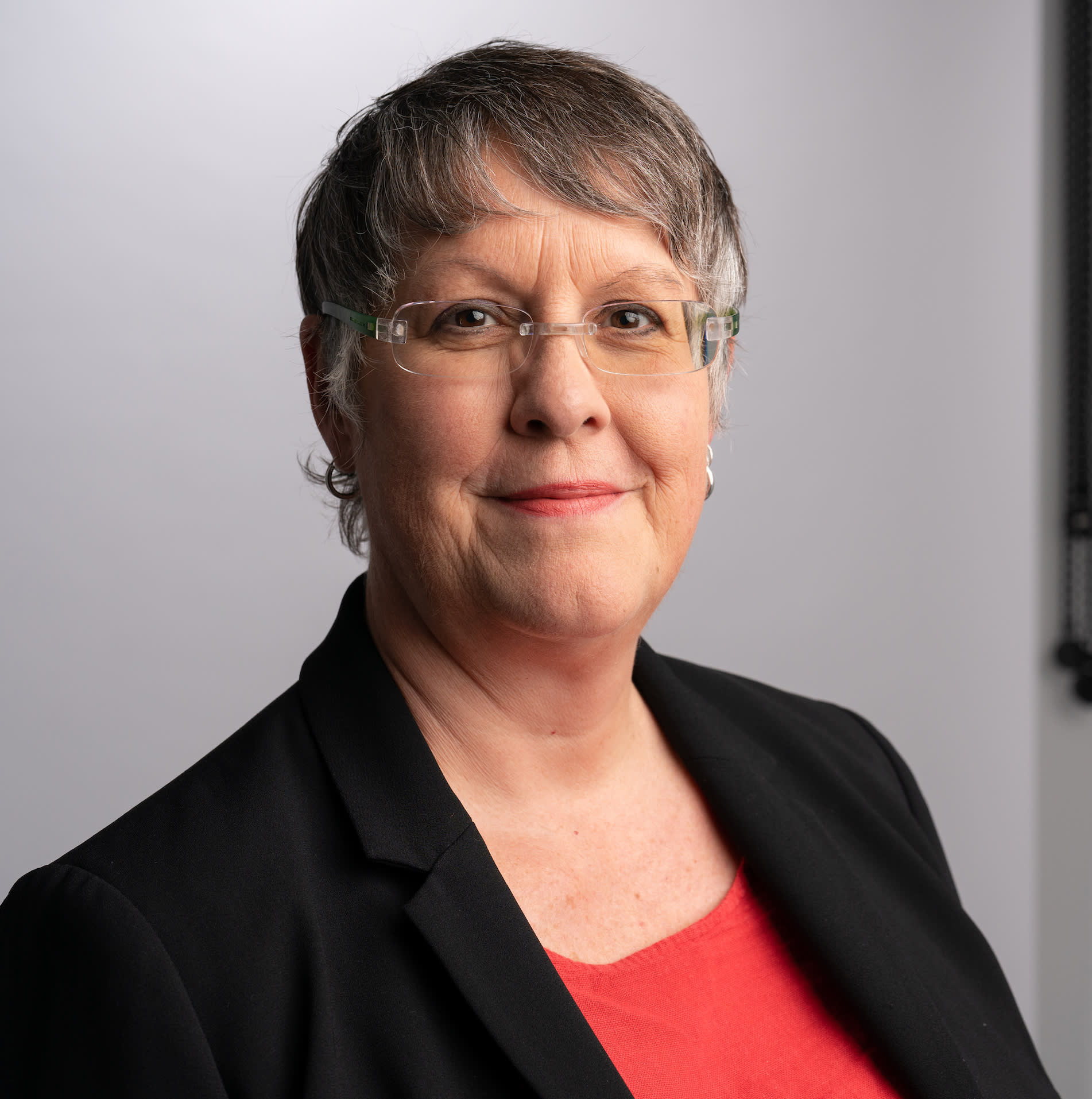From his vantage point as general partner of Mouro Capital, Manuel Silva Martínez sees three major developments in financial services, each playing out on different timescales.
In the near term, as the building blocks of fintech evolves, banking infrastructure is one area that is significantly changing. “Many companies are reinventing the banking stack, from banking-as-a-service to new products delivered through application programming interfaces. These are the building blocks for the future of banking,” Mr Silva Martínez explains.
Such infrastructure changes are also enabling the reimagining of financial products, which is the second, more long-term trend he identifies. “Many companies are trying to fix the existing blind spots of banking,” he says. Mouro Capital is investing in entrepreneurs who are rethinking such products and basic functionalities, including mortgages, auto financing and card issuance.
The third area is more “transcendent and fundamental”, according to Mr Silva Martínez, addressing the outdated model of consuming banking. “What we’re beginning to see – and the infrastructure piece is core to this – is a return to the basics of banking and of why banks exist,” he says.
Reimagining banking
Mr Silva Martínez believes that “white spaces” will begin to open up at the convergence of financial services and other industries. “We believe the changes in those other industries will alter the way people make financial decisions because the decisions will be embedded in another experience,” he says.
For example, on the property technology (or proptech) side, in his opinion people will not consume real estate the same way in the future. “With the Covid-19 pandemic, people don’t know where they will be working, so owning doesn’t make sense to them. Therefore, banks can evolve their mortgage offerings, if the demand side is going to change,” explains Mr Silva Martínez. “Banks need to adapt and understand when new products need to happen at the convergence of the utility that banks can bring to accessing real estate.”
In November, Mouro Capital invested in Clikalia, a Spanish online residential property platform which digitises the buying and selling of houses. Acting as an “instant property buyer”, the company significantly reduces the time it takes to sell a property. It makes an offer in just 24 hours and, if accepted, it will buy the property in seven days. Clikalia uses technology and big data to improve and digitise processes, reselling homes within 120 days after making them more sustainable and energy efficient.
Another area Mr Silva Martínez is interested in is the role of education in shaping long-term financial health and wealth creation. “Five to 10 years ago, there were many new savings apps that would round up a user’s expenses on a monthly basis, which is great but doesn’t fundamentally change the person’s financial situation,” he says. “However, if their education and skillset are adapted to their needs, that’s a much bigger driver of financial wellbeing than anything on the more traditional banking side.”
The boundaries of banks are becoming blurred. Whereas in the past, everything from product development to technology was preferred in-house, now banks are establishing long-term relationships with start-ups and their technology.
Impact of Covid-19
In addition to the mass uptick in digitisation, the coronavirus pandemic has tested the interdependencies between traditional agents in the financial services industry, according to Mr Silva Martínez. “It has been a stress test for business models and for planning how to build companies resilient against impacts that are not driven by traditional shock factors. The Covid-19 crisis, for example, is not a demand nor a supply shock, nor a monetary shock; it is a kind of shock to the economy that no one in economic theory has ever modelled before,” he explains.
According to him, this has fundamentally altered the way companies will be built in the future and how resources are allocated. “It has changed the way people think about budgeting, culture and building teams, as well as balancing work and personal life – and those are changes that are here to stay. The way people build companies will be more humane in future,” he says.
Fintech competition
Over the past few years, Mr Silva Martínez has witnessed an evolution of the relationship between banks and fintech to one that is more complementary. “The boundaries of banks are becoming blurred. Whereas in the past, everything from product development to technology was preferred in-house, now banks are establishing long-term relationships with start-ups and their technology. The way they relate now is much richer from an ecosystem perspective,” he says.
Another trend that he identifies is a result of fintechs beginning to be “inorganic” in the way they think about their growth, strategy and future. He reports running into the likes of Stripe and Coinbase Ventures in several deals. “Fintechs that were start-ups 10 years ago have now become as big as the banks and are actually engaging and fighting for the same things as banks,” he explains. “So there’s a renewed competitive tension that’s brewing in the background that may change the way banks perceive those start-ups which are now very big institutions.”




